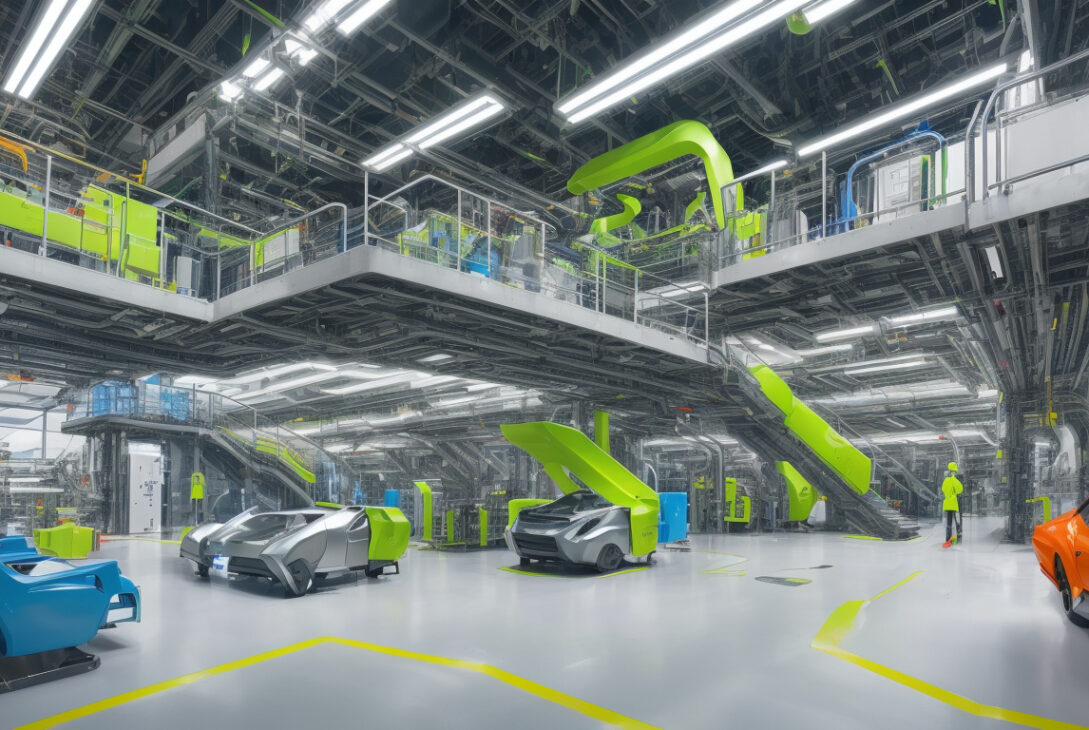Honda Develops Innovative Chemical Sorting Technology to Advance Plastic Recycling from End-of-Life Vehicles
Tokyo, Japan – September 16, 2025 — Honda R&D Co., Ltd. has announced a breakthrough in recycling technology with the development of a new “chemical sorting” process designed to separate solid contaminants from waste plastics derived from end-of-life vehicles (ELVs). This advancement aims to significantly enhance the recovery and reuse of automotive plastics, promoting resource circulation and sustainability within the automotive industry.
Addressing Challenges in Automotive Plastic Recycling
Automotive waste plastics are notoriously difficult to recycle due to the presence of diverse solid contaminants—such as metal inserts, rubber hoses, gaskets, and reinforcing glass fibers—that are embedded within plastic components. These contaminants vary widely in size and composition, complicating conventional recycling efforts which have relied heavily on manual or mechanical physical sorting techniques.
Physical sorting typically struggles with limitations in contaminant size variability and material complexity, often resulting in incomplete removal of contaminants and reduced purity of recovered plastics. In addition, physical sorting processes require frequent maintenance and filter replacements, leading to increased operational costs and making industrial-scale recycling challenging.
The Breakthrough: Chemical Sorting Technology
Honda’s newly developed chemical sorting technology dissolves resin in a solvent, enabling effective removal of solid contaminants and extraction of high-purity plastics from waste automotive parts. Unlike conventional methods, this innovative approach achieves a contaminant separation rate exceeding 99%, a remarkable improvement over the previous threshold of approximately 80%.
Key to the process is the combined use of coarse-mesh filters to remove millimeter-sized particles, which are less prone to clogging, and centrifuges that physically separate micrometer-sized fine contaminants. This dual approach eliminates the need for filter specification adjustments based on contaminant size, minimizes maintenance, and facilitates a stable, continuous recycling process at an industrial scale.
Pilot Facility and Road to Practical Application
Honda plans to construct a pilot facility with a processing capacity of up to 350 tons of automotive waste plastics annually. Testing and verification of the chemical sorting technology at this pilot scale are set to continue through the end of 2026, with an eye toward practical deployment by around 2029. The pilot operations will validate the technology’s scalability and economic feasibility, while allowing refinement of process parameters to maximize yield and quality of recovered plastics suitable for reuse in automotive manufacturing, supporting a closed-loop recycling system.
Advantages and Environmental Impact
Honda’s chemical sorting technology offers multiple benefits, including:
- Reduction in capital investment and operational costs by streamlining sorting steps and shortening process duration.
- Improved recycling yield due to minimized loss of resin alongside contaminants.
- Recovery of high-quality plastics that meet stringent quality standards for reuse by effectively excluding metal and rubber impurities.
- Suppression of plastic degradation by operating at temperatures below resin degradation points during solvent dissolution.
- Collection of recycled resins in solid pellet form, facilitating easy integration into existing manufacturing workflows.
- Lower CO₂ emissions by enabling recycling of reinforced fiber plastics previously destined for incineration.
Honda anticipates that the technology’s applicability will extend beyond automotive plastics to other engineering plastics, further broadening its sustainability impact.
Collaborative Efforts and Future Outlook
This technological advancement builds upon Honda’s extensive expertise in resource recovery and benefits from collaboration with external partners and industry stakeholders. Honda recognizes that widespread industry cooperation is vital for establishing a robust, scalable recycling ecosystem.
The company remains committed to advancing resource circulation initiatives, underscoring its ambition to develop mobility products using 100% sustainable materials. Continued research and partnerships will play essential roles in accelerating the adoption of this chemical sorting technology and achieving large-scale contribution to the circular economy.
For additional details and updates on Honda’s recycling initiatives, please visit the Honda Global Corporate Website.
© Honda Motor Co., Ltd. and its subsidiaries and affiliates. All Rights Reserved.










